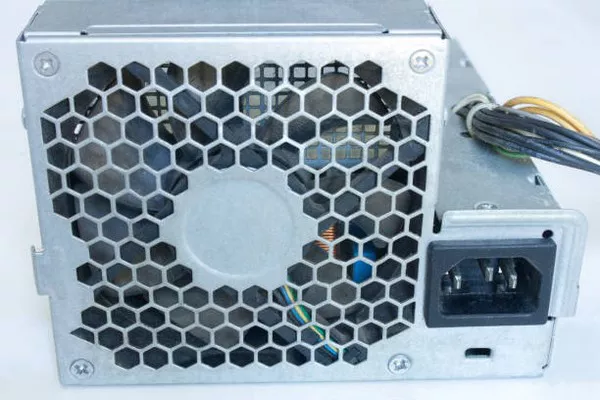Generators play a vital role in providing backup power during unexpected outages or in situations where a reliable power supply is not readily available. With a wide array of generator types and models on the market, selecting the best option for your specific needs requires careful consideration of factors such as power output, fuel efficiency, portability, and maintenance requirements. In this article, we will explore the different types of generators available and guide you towards making an informed decision.
Understanding Generator Types
Generators can be broadly categorized into two main types: portable generators and standby generators.
Portable Generators: These generators are designed to be moved around and are usually used for providing power in remote locations or during short-term power outages. They come in various sizes and power outputs, making them suitable for a range of applications, from powering essential appliances in a household to running power tools on a construction site. Portable generators are typically powered by gasoline, propane, or diesel fuel and are relatively easy to set up and operate.
Standby Generators: Standby generators are larger, permanent installations that are designed to automatically provide backup power during utility outages. These generators are usually fueled by natural gas or propane and are wired directly into a building’s electrical system. Standby generators are capable of supplying power to an entire household or business, making them a suitable choice for those who require uninterrupted power supply for extended periods.
Considerations for Choosing the Best Generator
1. Power Output:
One of the most critical factors to consider when choosing a generator is its power output, often measured in watts. To determine the right power output, you’ll need to calculate the total wattage of the devices and appliances you want to run simultaneously. Make sure to choose a generator with a slightly higher power output than your calculated total to accommodate any unexpected power surges.
2. Fuel Type:
The type of fuel a generator uses can impact its efficiency, cost, and environmental impact. Gasoline is readily available but has a shorter shelf life compared to propane or diesel fuel. Propane is cleaner-burning and has a longer shelf life, making it a good choice for standby generators. Diesel generators are known for their fuel efficiency and durability, making them suitable for prolonged use.
3. Runtime and Fuel Efficiency:
The generator’s runtime refers to how long it can operate continuously on a full tank of fuel. A generator with a longer runtime can provide more extended backup power without the need for frequent refueling. Additionally, consider the fuel efficiency of the generator, as this will impact the cost of operation over time.
4. Portability:
If you require a generator for occasional use or need to move it between different locations, portability becomes a crucial factor. Portable generators are designed with handles and wheels, making them easier to transport. Standby generators, on the other hand, are stationary installations and are not designed to be moved frequently.
5. Noise Level:
Generators can be noisy, and this can be a concern, especially in residential areas or during camping trips. Some generators are designed to operate quietly, making them more suitable for situations where noise pollution is a consideration.
6. Automatic Start and Transfer Switch:
Standby generators often come with an automatic start feature, which means they can detect a power outage and start supplying power without any manual intervention. A transfer switch is also essential for standby generators, as it ensures a seamless switch from the utility power to generator power.
7. Maintenance Requirements:
Regular maintenance is essential to keep your generator in optimal working condition. Consider the maintenance requirements of the generator you’re interested in, including oil changes, filter replacements, and overall upkeep. Standby generators usually require more specialized maintenance due to their permanent installation.
8. Budget:
Generators vary widely in terms of cost, with portable generators generally being more affordable than standby generators. While it can be tempting to opt for a lower-priced generator, it’s crucial to strike a balance between your budget and the features and capabilities you require.
9. Environmental Considerations:
If environmental impact is a concern for you, you might want to choose a generator that runs on cleaner-burning fuels such as propane or natural gas. Additionally, some generators are designed to be more fuel-efficient, reducing their overall carbon footprint.
Making the Final Decision
Choosing the best type of generator involves a careful assessment of your specific needs and preferences. If you require a generator for occasional use, portability, and affordability, a portable generator might be the best option. On the other hand, if you need a reliable and automatic backup power source for your home or business, a standby generator is likely the better choice.
Before making a final decision, it’s recommended to consult with a professional electrician or generator expert. They can assess your power requirements, recommend suitable generator models, and provide guidance on installation and maintenance.
In conclusion
the best type of generator for you depends on factors such as power output, fuel efficiency, portability, maintenance requirements, and budget. By carefully evaluating these factors and seeking expert advice, you can make an informed decision that meets your backup power needs effectively and efficiently. Whether you opt for a portable generator to provide power during camping trips or a standby generator for seamless home backup power, investing in the right generator ensures peace of mind and uninterrupted power supply when you need it most.

